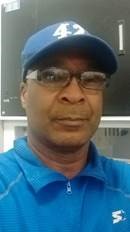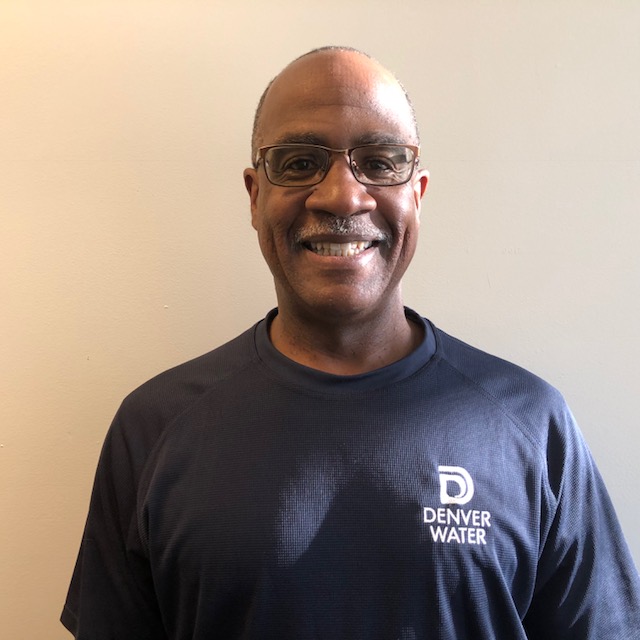
Black History Month: In their words
Last week, we shared stories of what Black History Month means to two Denver Water employees. As February draws to a close, we’d like to share two more. We asked these employees to share in their own words what Black History Month means to them and how their culture has inspired them to be who they are today.
Here are their stories:
Anthony Doane, environmental compliance specialist
I was raised in Maryland, which is rich in U.S. and African-American history. A historically black college, University of Maryland Eastern Shore was founded in 1886, which was not far from where I attended high school. My Aunt Marvel and Uncle Jake were both graduates of UMES.
As a junior at Washington High School, I was introduced to Black History Week, what is now recognized as Black History Month. UMES was an important part of Black History Week at my school, when student teachers from the university would introduce notable people like Carter G. Woodson, Crispus Attucks, Paul Cuffee and others. It was the late ’70s, and I soaked up the African-American history like a sponge. The male students were also enamored with a student teacher who resembled Chaka Khan, which didn't hurt the efforts.
At the time, there was angst in the community when it was mentioned that black history was going to be taught in school, especially when they showed Alex Haley’s movie “Roots.” We overcame the tension and began to appreciate people of different ethnic groups. In short, our teachers and the student teachers helped us understand and appreciate the meaning of diversity and how diverse we are as a nation.
Learning about black history helped me become a better reader and encouraged me to use the library. I discovered that Harriet Tubman’s Underground Railroad was in Maryland’s Caroline and Dorchester counties nearby, as well as Button Farm, Maryland’s only living history center dedicated to depicting 19th-century slave plantation life.
Brian Fields, utility technician
I believe Black History Month is not only the celebration of past achievements from the black community, it is also a reminder of the current effort by everyone to come together and make the world a better place. It is always important to me that we honor the actions of those like Harriet Tubman, Frederick Douglass, W.E.B. Dubois and, of course, Dr. Martin Luther King Jr.
It is also just as important to recognize those who contribute now, because history is always being made. Those actions aren’t always of the same historical significance, but they can be just as important. Whether a civil rights leader or a classroom teacher, those who contribute to the improvement of their communities deserve to be celebrated.
Since coming to Denver in 1958, my parents, Calvin and Mary Fields, have given their time and love to the community in a variety of ways. My dad not only served in the U.S. Army, but also worked hard for 55 years for the U.S. Postal Service. My mom worked as a nurse at the Rocky Mountain Osteopathic Hospital before going to work at Amoco Oil. They have also served faithfully at their church for more than 50 years.
They lovingly raised five children, but their contributions did not end there. They fostered countless children in Colorado spanning 20 years. Because of them, many kids had a safe, loving environment while a permanent home was found. I have no doubt they have positively touched not only my own life, but those of many others in the community.
To me, Black History Month provides a chance to reflect on the achievements of the past, the actions of today, and the hopes for tomorrow. We can all make a difference, no matter who you are.


